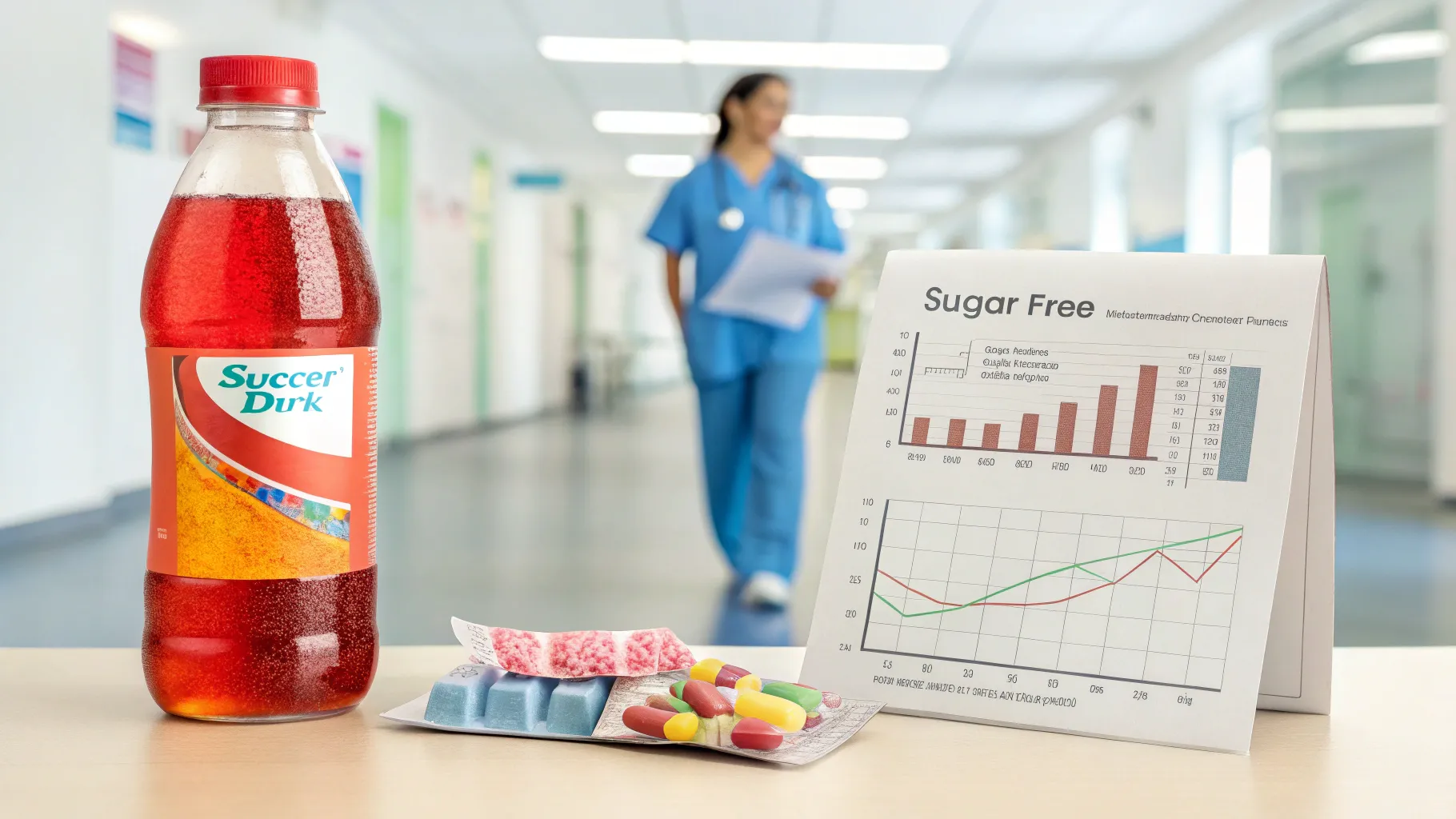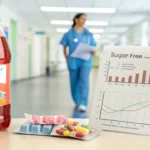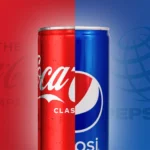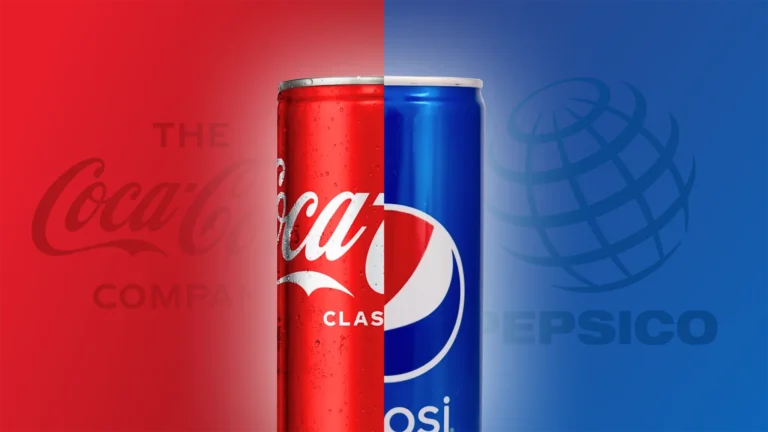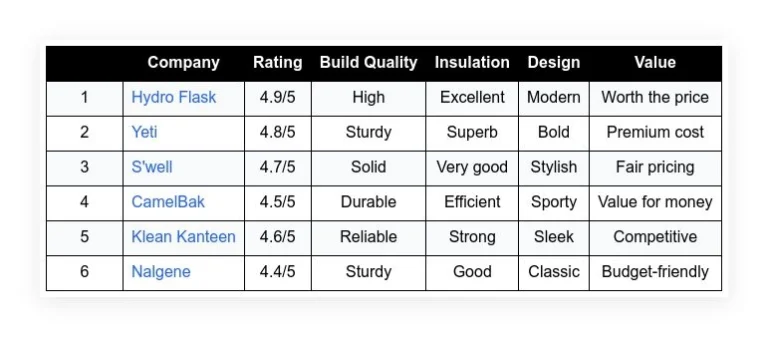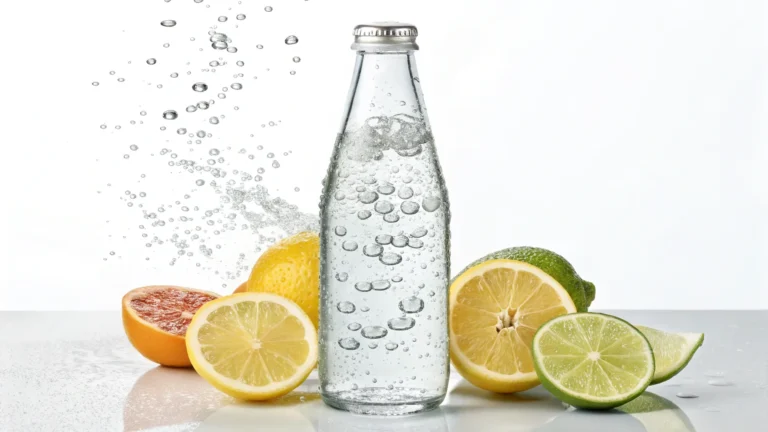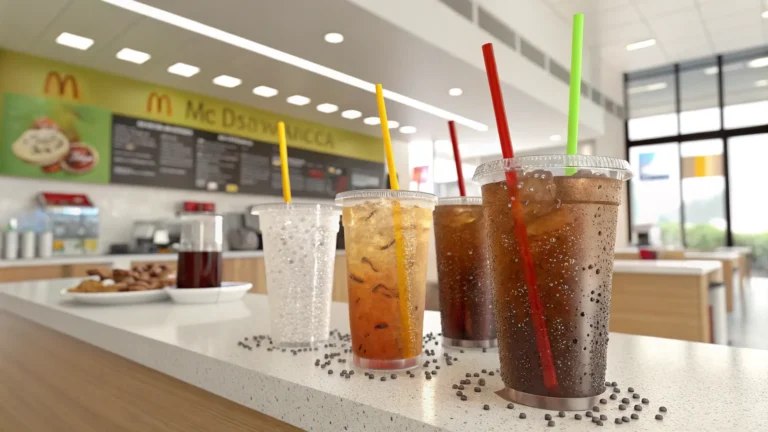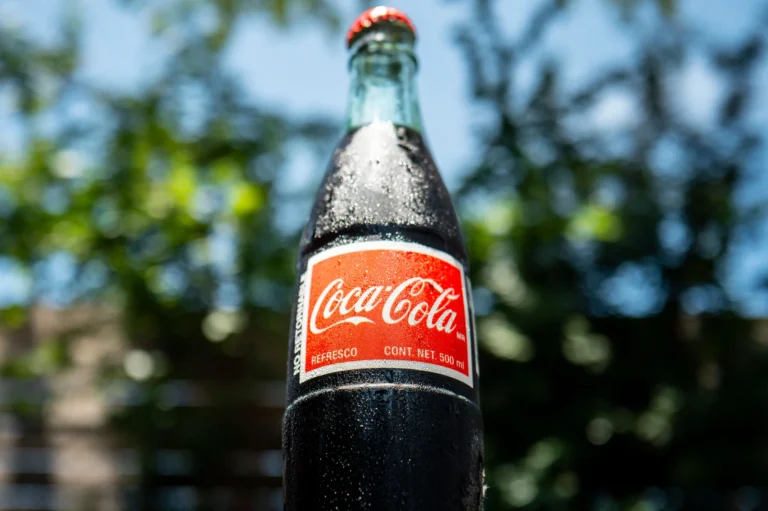A new observational study from Victoria challenges the common belief that sugar-free beverages are a healthier alternative. Researchers from Monash and RMIT universities, along with the Cancer Council, have tracked thousands of individuals over many years to determine the effects of artificial sweeteners on diabetes risk.
Study Overview and Key Findings
Recent research has revealed surprising results regarding the consumption of artificially sweetened soft drinks. The study followed more than 36,000 Australian adults for a period of fourteen years. Participants were observed for their beverage consumption habits, both in terms of regular sugared drinks and those sweetened with artificial ingredients.
The findings indicate that individuals who enjoyed one regular soft drink per day faced a 23% greater chance of developing type two diabetes. Even more concerning, those who consumed artificially sweetened beverages had a 38% higher risk. These numbers challenge the idea that choosing sugar-free options always means a healthier choice.
- 36,000+ participants tracked over 14 years
- Daily consumption of sugared drinks increased diabetes risk by 23%
- Artificially sweetened drinks were linked to a 38% rise in risk
The study highlights that the risk associated with artificially sweetened drinks was independent of weight gain. This suggests that even if an individual does not experience an increase in body weight, there may still be an elevated risk of diabetes due to other factors.
Public Perception and Popularity of Sugar-Free Beverages
Sugar-free soft drinks, along with sports and energy beverages, have become popular choices for many consumers. This trend is particularly notable among teenagers, with one study reporting that nearly a quarter of Australian adolescents consume these beverages on a daily basis. The widespread appeal of such drinks is largely due to the belief that avoiding sugar protects against health complications.
Despite the perception of a healthier option, the new study urges consumers to reconsider the potential impacts of artificial sweeteners. The common assumption is that removing sugar automatically makes a beverage a better alternative. However, these results indicate that both sugared and sugar-free drinks come with risks.
Dr. Brett McLeod, who has explained the study findings, notes that the human body’s response to artificial sweeteners plays a key role in the elevated risk of diabetes. His insights help explain why these beverages may adversely affect the body’s normal processes, even when weight gain is not observed.
Potential Biological Mechanisms
Researchers propose that the link between artificially sweetened beverages and diabetes may not be connected to increased body weight. Instead, it might be related to how the body processes these sweeteners. Changes within the gut or shifts in insulin secretion patterns may be at the heart of the matter.
Although the study did not pinpoint an exact mechanism, several hypotheses emerged:
- Alterations in Gut Bacteria: Artificial sweeteners might change the balance of microbes in the digestive system, which could affect blood sugar control.
- Insulin Secretion Changes: There may be unintended effects on how insulin is released, leading to disruptions in normal glucose regulation.
- Glucose Metabolism Variations: The way the body processes sugar might also be affected by the presence of artificial sweeteners.
These possible explanations highlight that the relationship between beverage choices and diabetes risk is not straightforward. The study calls for further research to clarify exactly how artificial sweeteners influence bodily functions and contribute to the development of type two diabetes.
Comparing Sugared and Artificially Sweetened Beverages
A closer look at the data shows that neither sugared nor artificially sweetened drinks can be deemed entirely safe from a health perspective. Traditionally, high sugar content has been linked to various health issues, including obesity and metabolic disorders. However, the assumption that removing sugar eliminates risk is now under question.
People often choose sugar-free products as a way to manage their calorie intake and maintain a healthier lifestyle. Nonetheless, these new results caution that switching from regular soft drinks to their sugar-free counterparts does not necessarily reduce the risk of developing diabetes. Each beverage type appears to carry its own set of risks.
This information can be eye-opening for consumers who rely on artificially sweetened drinks as a healthier choice. When making decisions about beverage consumption, it is important to consider that no option is free of potential health concerns.
Implications for Lifestyle and Health Choices
As the debate over healthy beverage choices continues, experts recommend that individuals reflect on both direct and indirect effects of the drinks they consume. The study’s findings have significant implications for public health messaging and personal dietary habits.
Educators, health practitioners, and policymakers may need to adjust their strategies in light of these results. With a better understanding of the potential risks associated with both sugar and artificial sweeteners, more faith may be placed in natural or minimally processed alternatives.
In light of this information, those concerned about diabetes risk might want to consider increasing their intake of water and other unsweetened beverages. While the convenience and taste of soft drinks make them popular, staying hydrated with water is a safer option for overall health.
Exploring Alternative Beverage Options
Given the concerns raised by the study, it is a good time for consumers to think about what they drink on a regular basis. Despite the popularity of both sugared and artificially sweetened soft drinks, alternatives exist that offer hydration without the potential health risks.
For example, water stands out as the best choice for proper hydration. Unsweetened teas and diluted fruit juices may also provide a flavorful change without relying on additives that could affect long-term health. The results of this research remind us that making careful, informed choices is important.
Furthermore, experts suggest that beverage companies consider reformulating products and providing clearer labels. Transparency about ingredients and potential health effects can help consumers make better decisions. It also emphasizes the importance of ongoing research into everyday dietary choices.
Influence on Public Health Recommendations
The study’s outcome may have a broader impact on dietary guidelines and health recommendations. Public health organizations might review their advice on drink choices, especially for groups that frequently consume soft drinks such as teenagers and young adults.
Health authorities have long warned about the risks linked to high sugar intake. Now, with these findings, there is an added layer of concern regarding artificial sweeteners. Policy discussions could see more focus on the need for balanced beverage options and enhanced nutritional education.
As people continue to look for healthier lifestyle options, it is important that both the public and those in the health sector keep updated on the latest research. Such studies serve as a reminder that there is often more to the story than initial impressions suggest.
Conclusion
The recent study sheds light on the potential dangers of relying heavily on sugar-free soft drinks as a healthy alternative. Both sugared and artificially sweetened beverages carry risks, with the latter possibly heightening the chance of developing type two diabetes by 38%. This correlation exists even without weight gain, indicating that the body may react to artificial sweeteners in ways that disrupt normal metabolism.
These findings urge consumers to be cautious and to reconsider their beverage choices. By turning to options like water or unsweetened drinks, individuals may reduce their risk of developing chronic conditions. Health professionals and policymakers are encouraged to review current guidelines and adjust public health messages based on new insights.
In the end, more research is needed to fully understand the biological mechanisms behind these risks. However, the study serves as a timely reminder that when it comes to beverage choices, there is no one-size-fits-all answer. Making informed decisions and staying updated on the latest research can help guide healthier choices.
Frequently Asked Questions
Q: Can sugar-free drinks be safely included in a daily diet?
While many view sugar-free beverages as a healthier option, recent evidence indicates that they may increase the risk of type two diabetes. It is wise to limit intake and consider other drink options.
Q: How did the study measure the risk associated with these beverages?
The study tracked over 36,000 Australian adults for 14 years and recorded their beverage habits along with health outcomes. The researchers then noted variations in diabetes risk linked to daily drink consumption.
Q: What alternative beverages should one consider for better health?
Replacing soft drinks with water, unsweetened teas, or diluted fruit juices can offer proper hydration while minimizing potential health risks. These alternatives avoid the issues linked to both high sugar and artificial sweeteners.

